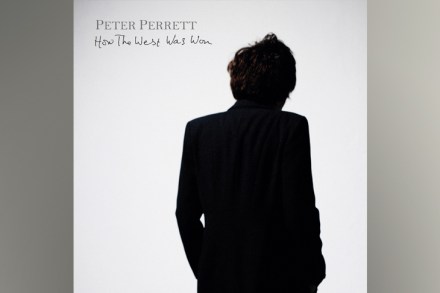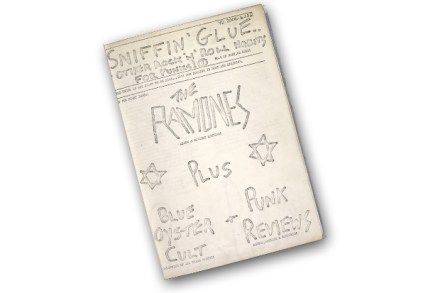LCD Soundsystem: American Dream
Grade: B+ Number one. Everywhere, just about. You have to say that the man has a certain sureness of touch. Hip enough not to be quite mainstream, rock enough not to be quite pop. The knowing nods — to Depeche Mode, Eno, 1970s post-punk and 1980s grandiosity and always, always, Bowie. Fifteen years on from James Murphy’s first excursion in these clothes and the man from New Jersey, now grizzled and greying, has come up with an album as good as any he’s made — which is a qualified nod of admiration: I often find his tunes too eager to please, the neatly corralled stabs of funk a little forced.












